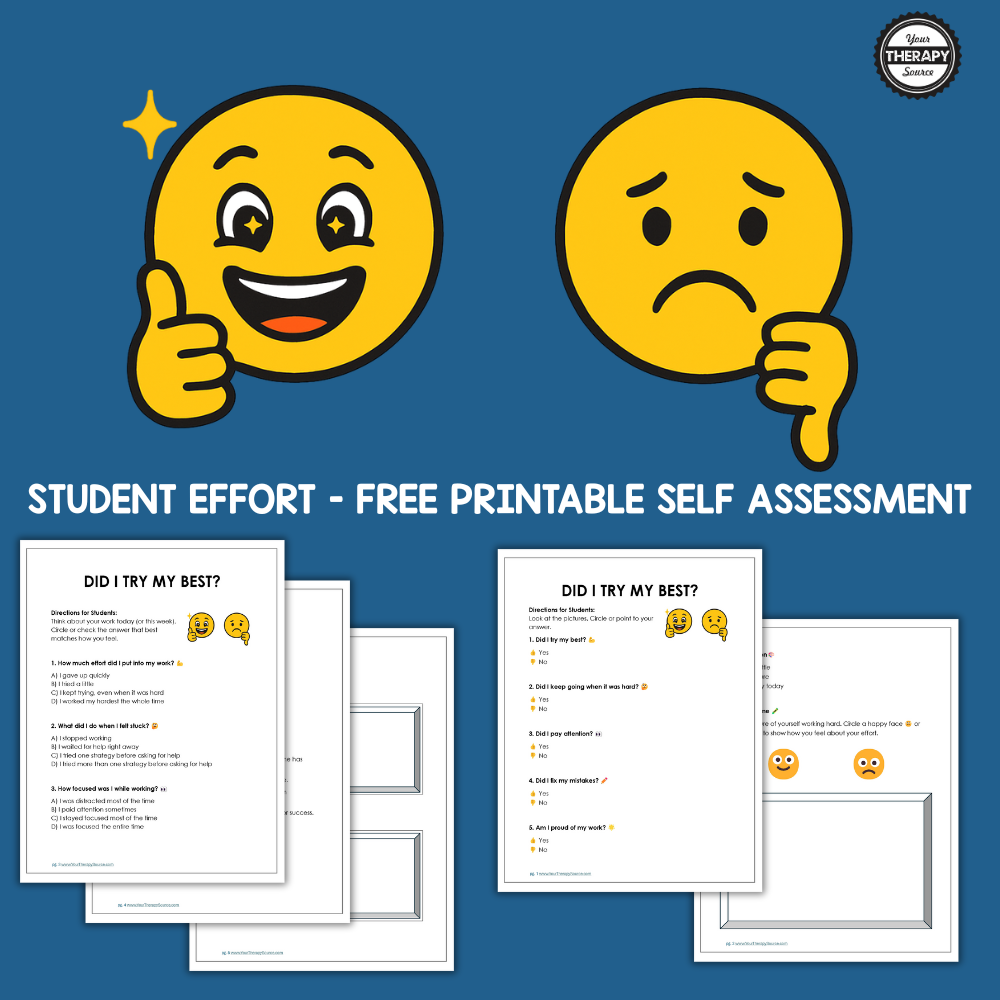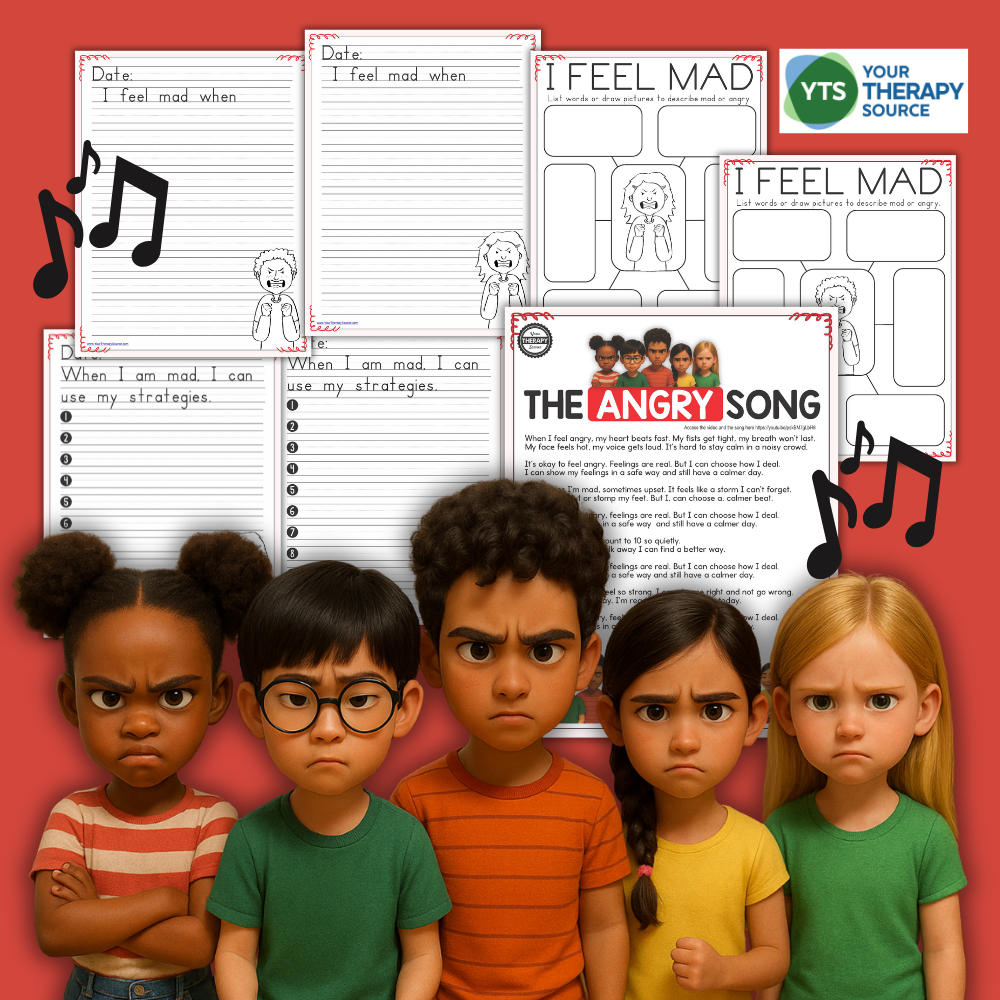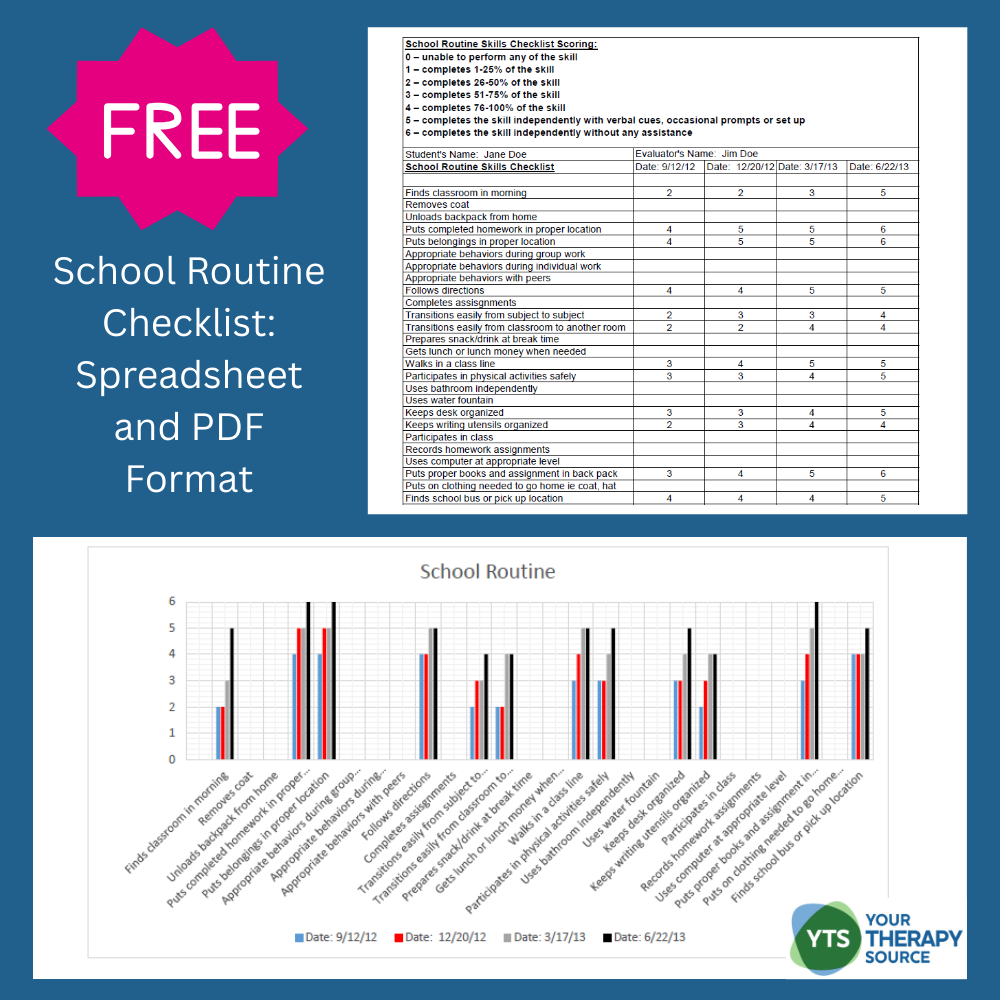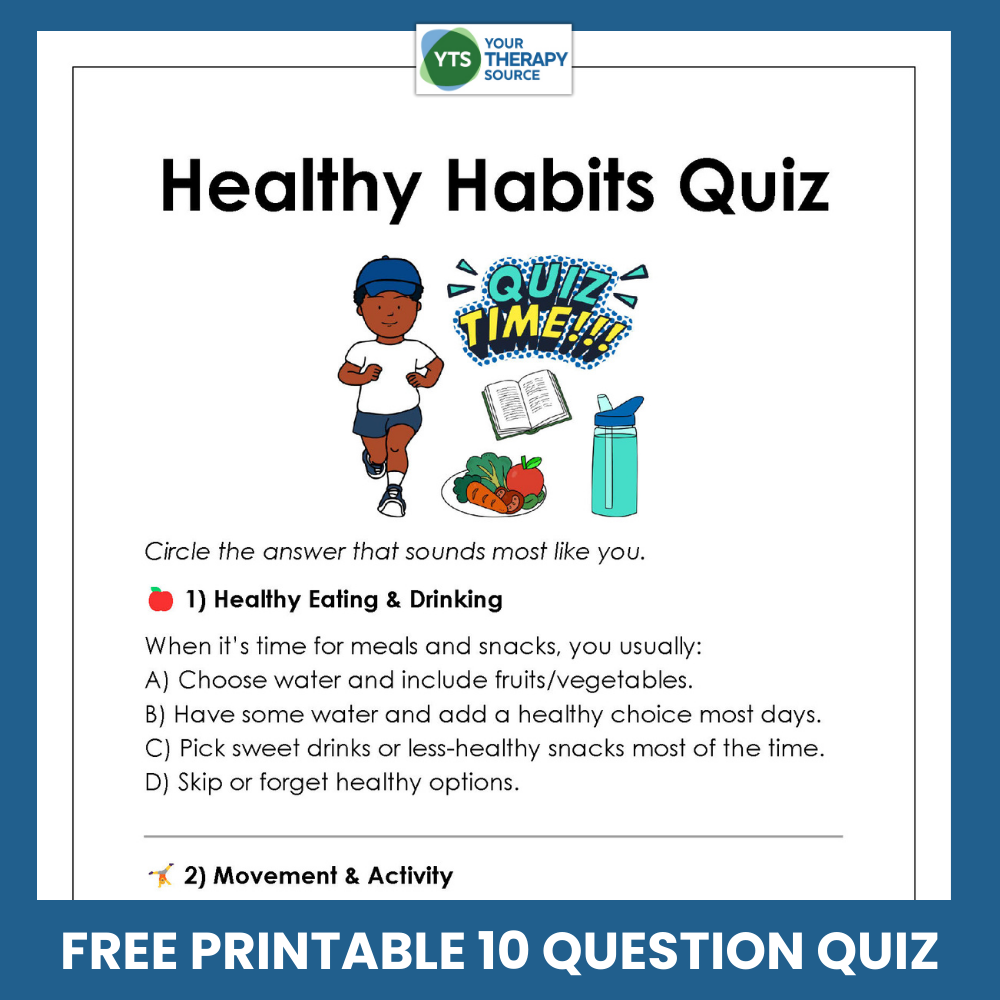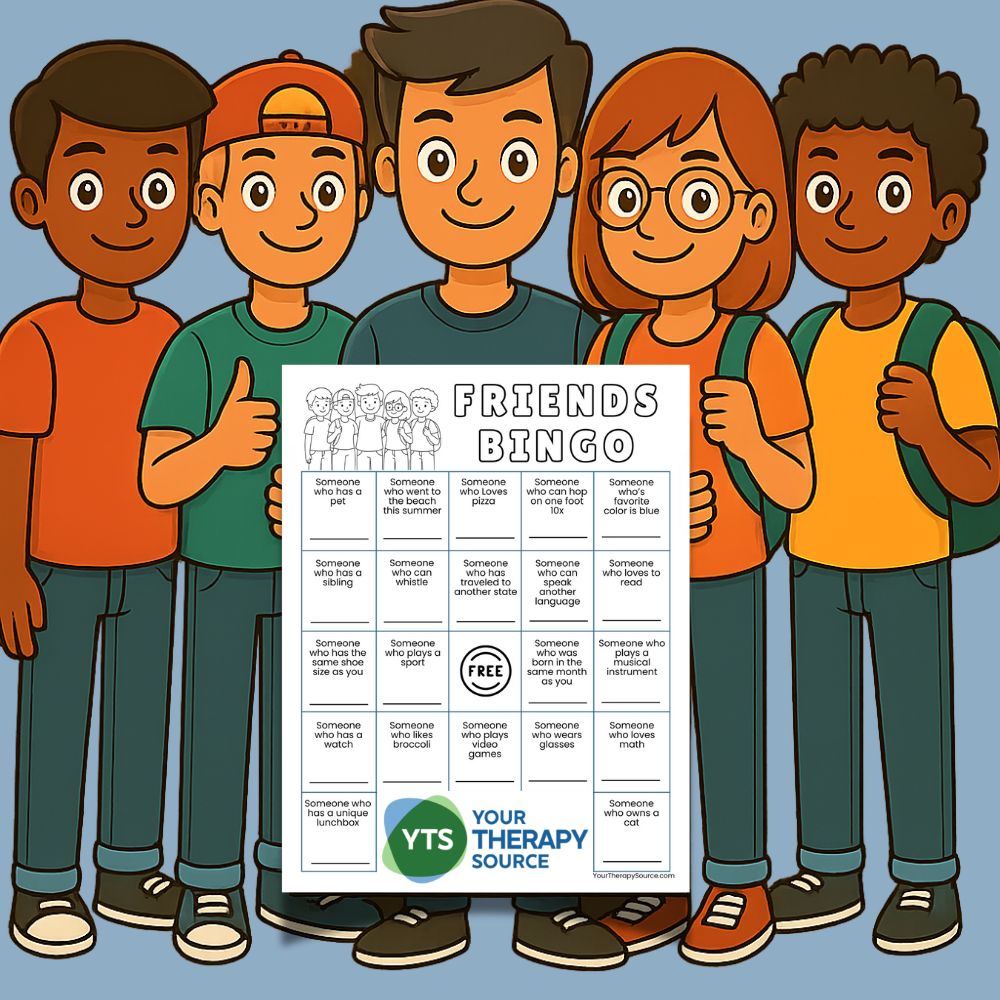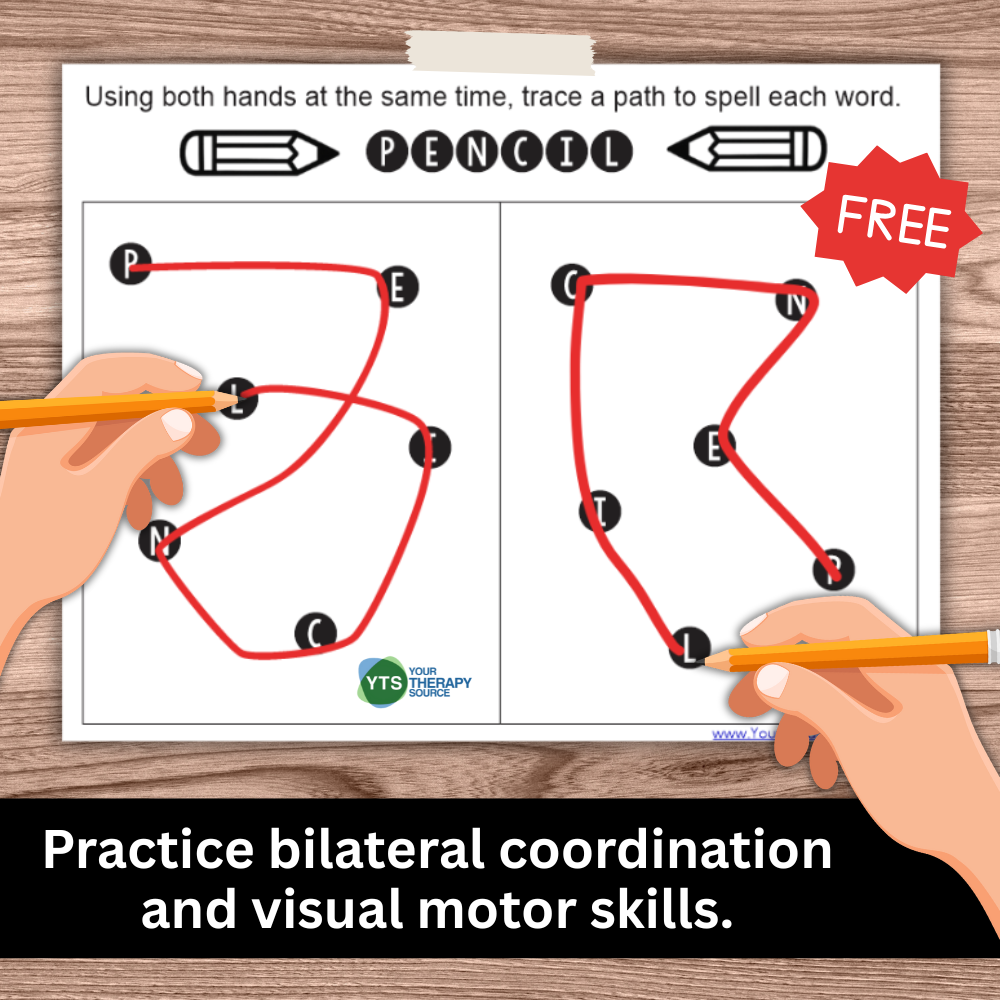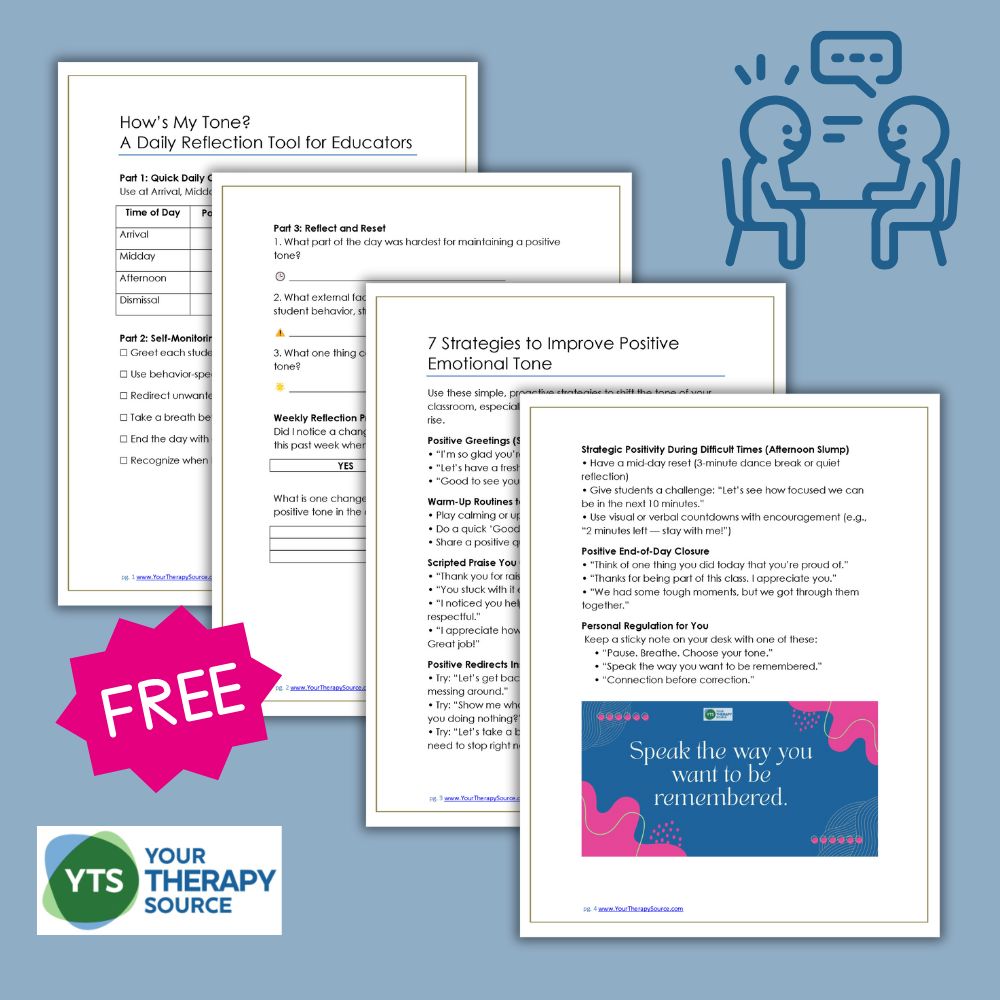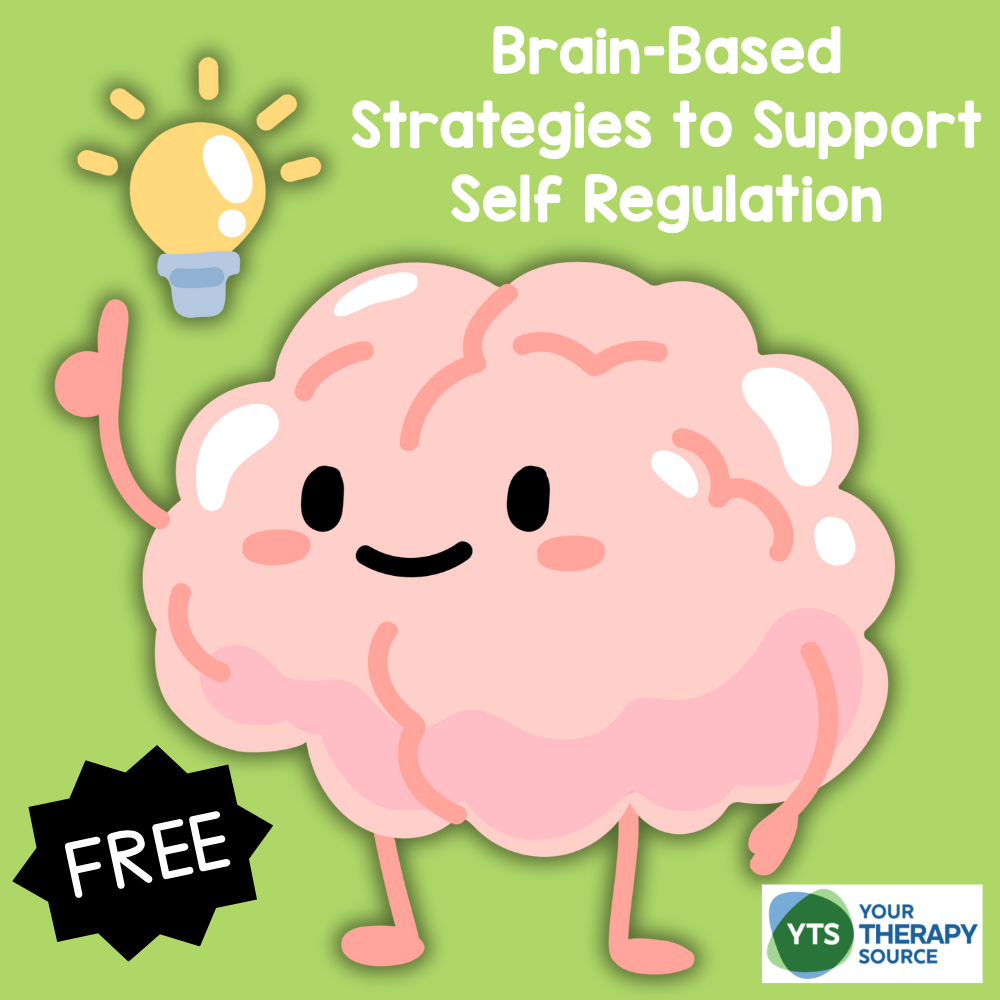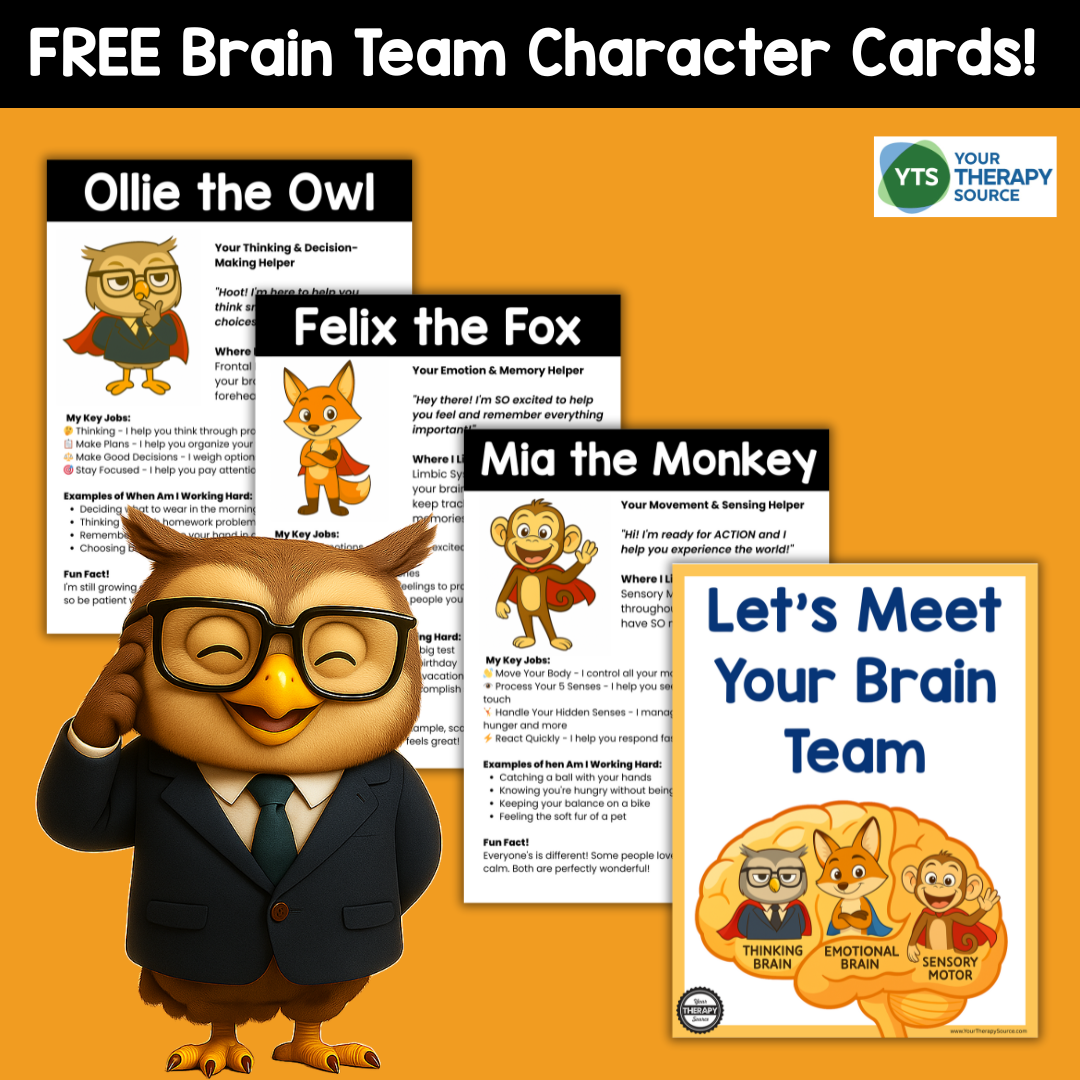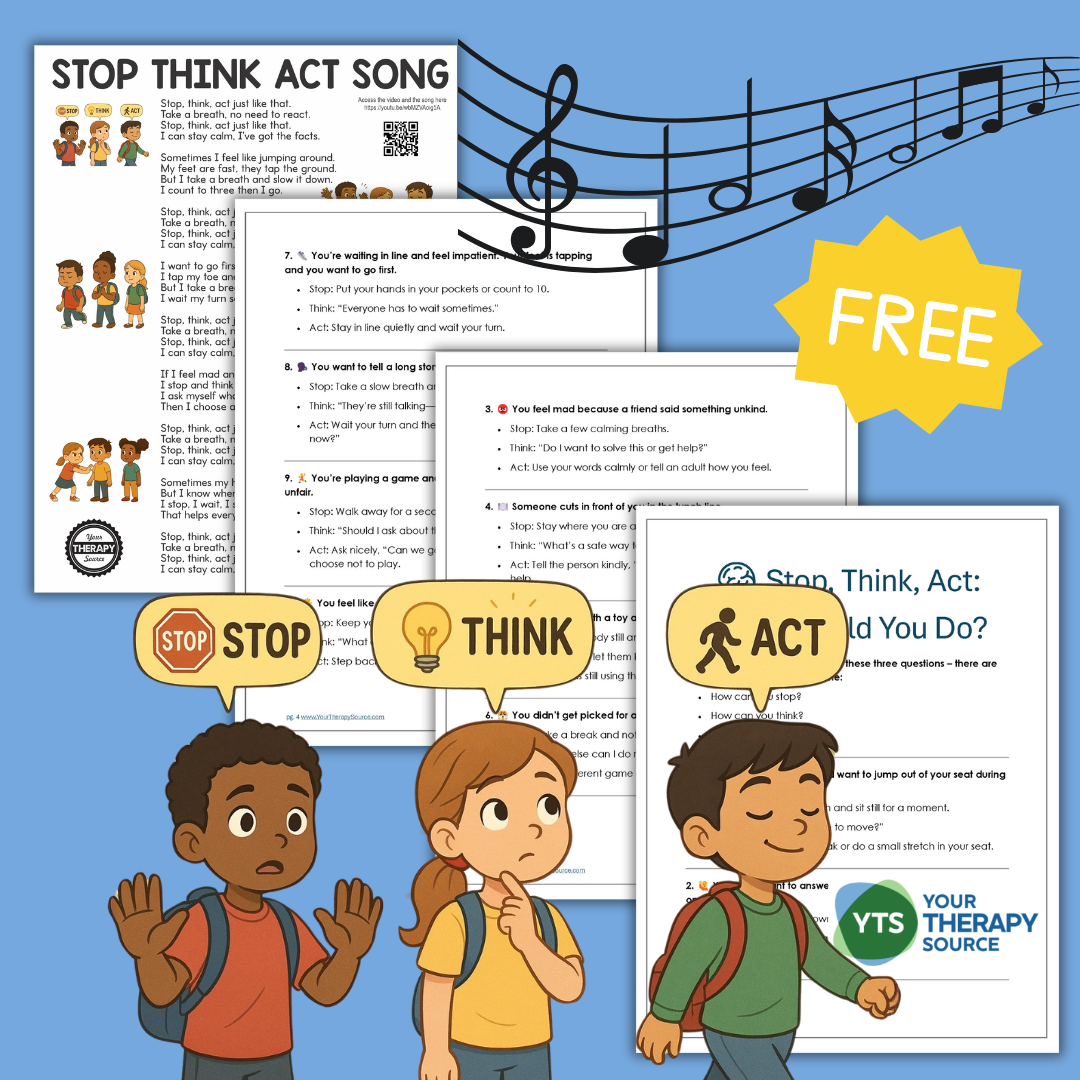Student Effort – Free Self Assessment
Helping students reflect on their own effort is one of the most valuable ways to build independence, persistence, and self-awareness. When children pause to think about how hard they tried instead of only focusing on the outcome, they begin to develop a growth mindset and stronger self-regulation skills. To make this process easier, we’ve created […]

